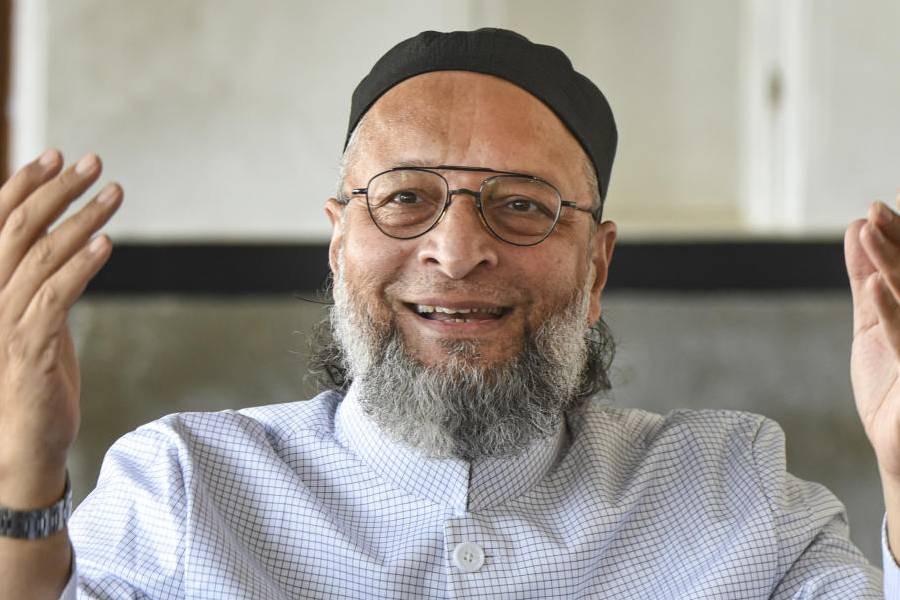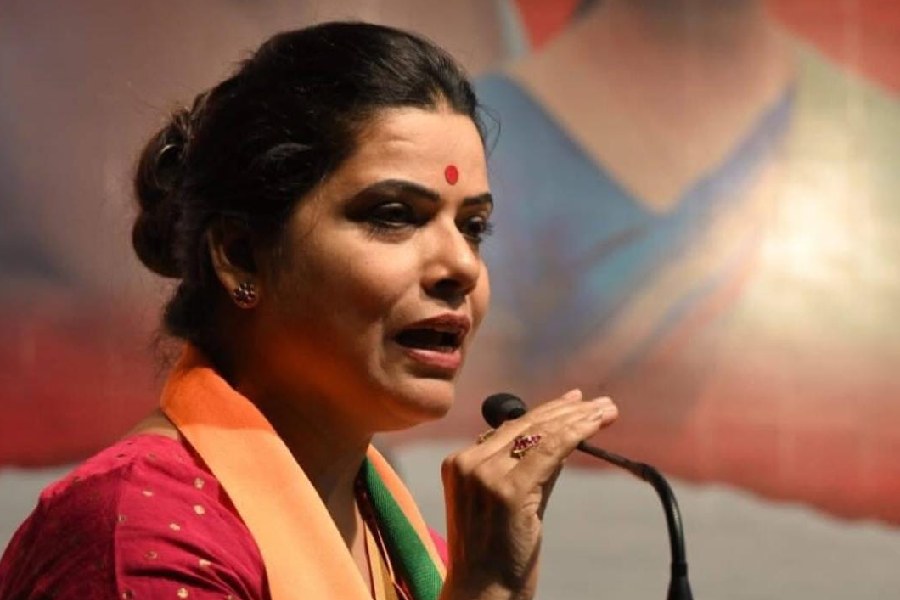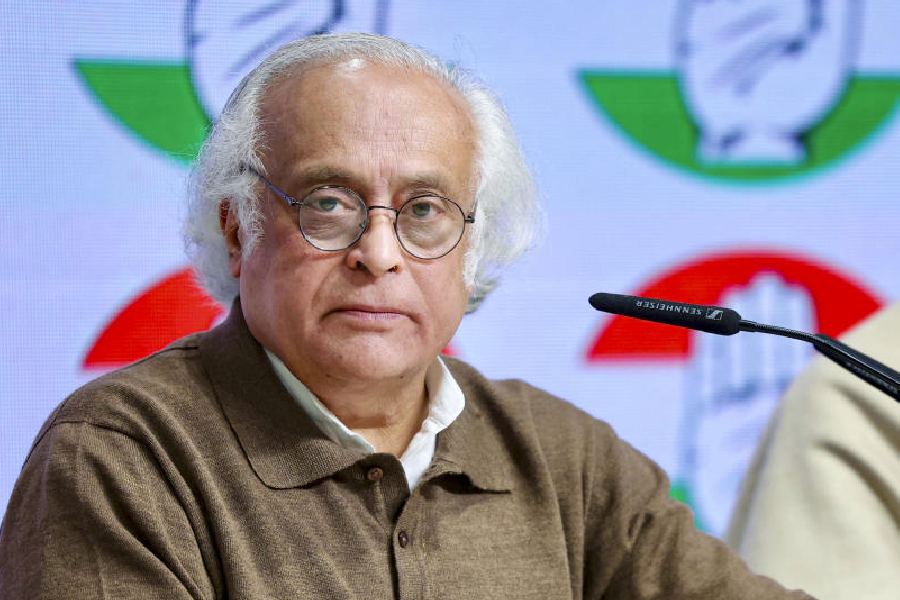Violence in public life suggests a systemic failure. The mayhem that marked the panchayat polls in West Bengal is symptomatic of a failure of the democratic process. Thirty deaths during the polling and the day after make chilling statistics; but the real danger to democracy cannot quite be measured even in these numbers. The Communist Party of India (Marxist), which rules the state in the name of the Left Front, is clearly the main culprit. Its anxiety to retain total control of all levels of the government not only made a mockery of the polls in large parts of the state, but also set the cycle of violence in motion. The party created an atmosphere of fear that prevented the opposition from contesting the polls for thousands of seats. Even its allies in the ruling front fell victims to the CPI(M)’s terror tactics. It is axiomatic that violence always springs from fear and a sense of insecurity, just as it consumes those who unleash it. It was therefore terrifying, if not surprising, to find most political parties caught in the web of violence. Bengal literally became a killing field in which only the rules of the jungle prevailed. Without condoning the violence by other parties, it needs to be unambiguously said that the CPI(M)’s cynical power-game is primarily responsible for this collapse of civilized politics.
The real danger that goes beyond these elections is the failure of the chief minister, Mr Buddhadeb Bhattacharjee, to rise to the occasion administratively. It was not enough for him to appeal to belligerent partymen to behave and let the opposition fight the elections freely. As the head of the state administration, he should have ensured that his partymen do not reduce the polls to a show of force . Unfortunately, he echoed his party colleagues in attributing the opposition parties’ absence from the contests in many areas to their organizational weakness. This was surely no way to inspire confidence either in these parties or in the people at large. The violence on the polling day pathetically betrayed Mr Bhattacharjee’s abject surrender of administrative authority. The chief minister had been trying hard to offer a new image of his government to attract investments to the state. He had talked of a new work-culture for the government employees. He had begun to inspire a hope that things could at last be turning around for benighted Bengal. Much of that hope now lies shattered among the ruins of a blood-stained election. The poll violence has struck a deadly blow not only to the normal political process but also to the state’s economic hopes.










